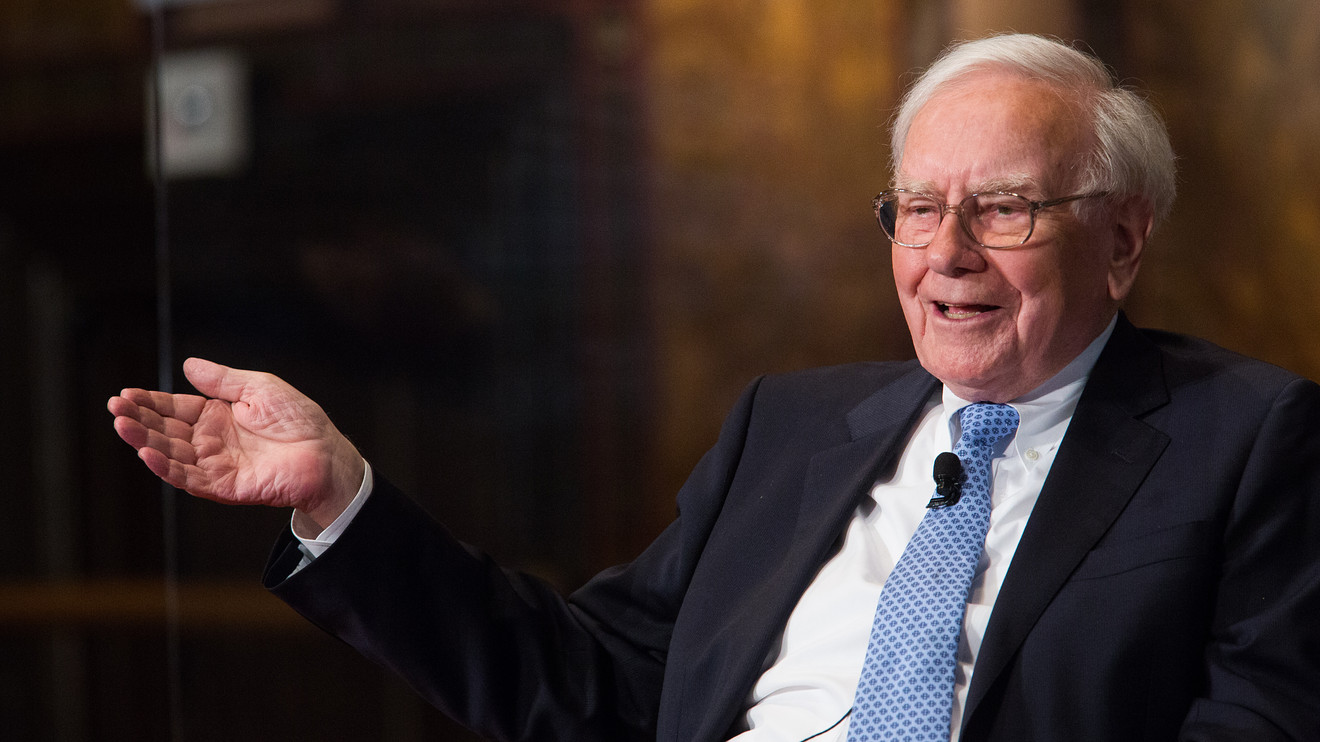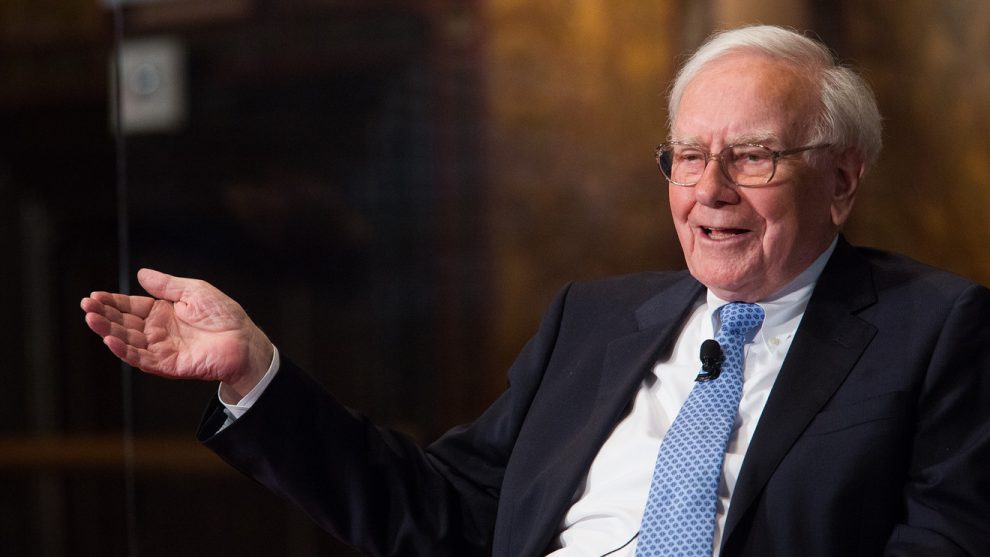
Warren Buffett, one of the most successful stock pickers of all time, really wants you to stop picking stocks.
It’s counterintuitive, I know. But that’s what Buffett told the Financial Times in a recent interview.
This past week, thousands attended his annual shareholder’s meeting in downtown Omaha, Neb., popularly known as “Woodstock for capitalists.”
Read: Warren Buffett talks buybacks, succession, bitcoin and 5G at the Berkshire annual meeting
Asked whether he would recommend investing in the S&P 500 SPX, -0.30% or his own company, Berkshire Hathaway BRK.A, -0.11% BRK.B, -0.35% Buffett called it a draw.
“I think the financial result would be very close to the same,” Buffett said.
Bear in mind, it’s through Berkshire that Buffett makes his own stock picks. His portfolio for many years trounced the markets, but it has more recently underperformed.
Now Buffett says to just own the S&P 500 index through a low-cost index fund and your results will be about the same as his, and maybe slightly better.
“I think it’s the best investment — because most people don’t know how to pick stocks. And — most of the time I don’t know how to pick stocks,” Buffett told CNBC.
Is Buffett getting worse at stock picking? Too big to find relative bargains? Something else?
There might be something to the “too big” problem, as Buffett has long lamented. There are few deals he can find that are big enough to warrant a large bet, so he’s stuck making smaller, incremental moves instead.
‘Shooting fish in a barrel’
Really, though, the problem is that the whole stock market has changed.
Charley Ellis, the famed investor, author, and former investment committee chair of the Yale University endowment, recently talked about this problem with my partner, Scott Puritz.
Ellis is a member of the Rebalance investment committee, along with Burt Malkiel, Princeton professor and author of “A Random Walk Down Wall Street”, and Jay Vivian, former managing director of the IBM Retirement Funds.
Puritz asked Ellis why so many people remain convinced that there are bargains to be found in stocks, considering that the internet now makes it extremely easy to know what’s going on with companies.
Well, Ellis explained, it used to be different.
“Back in the ’60s, the mistakes were made by individuals and they would last for months. I remember once watching DuPont drop 50% in price for reasons that were clearly predictable,” Ellis said.
“It was shooting fish in a barrel, really easy. Now you can only buy from or sell to other professionals,” he continued.
“Secondly, they all have access to the same information because everybody has the internet and that means world-wide information is yours instantaneously all of the time.”
Add to that federal regulation of company information and you have a system that makes it very difficult to find relative bargains.
“That’s a hell of a change, but it came gradually. And the volume, that has gone from mostly retail to mostly institutional. It changed gradually. But they have all been changing pretty much consistently in the same direction, making it harder and harder and harder.”
That explains Buffett’s problem with stock picking in a nutshell. The stock market today really isn’t like the stock market of previous generations, or even a decade ago.
More risk, lower returns
In the 1980s and even the 1990s, maybe someone such as Buffett had a chance to do something big. That has become increasingly difficult to pull off, even if you’re Buffett.
Think about the housing market a decade ago. You relied on a Realtor to figure out the “right” price to buy or sell.
Now house prices are a click away on a dozen different websites. Same with car prices, hotel rooms, flights, even simple things such as groceries and gardening supplies.
Instant price discovery is now completely normal for everyday consumers. Now consider how this works for big investment firms trying to put money to work in the stock market.
They have far more resources, computing power and so on than most of us. Few secrets stay secret in the modern stock exchange.
Buffett is, as usual, totally right. Picking stocks, picking funds, picking bonds — all that trading activity only increases your cost, increases risk and, consequently, results in lower returns.
Own the market at a low cost and you cannot help but enjoy the best possible returns. From there, I would argue, the best way to add extra return is to avoid making big investment mistakes.
Avoiding mistakes is the key. Paying money to try to outsmart other investors is a mistake or, as Ellis so eloquently puts it: a loser’s game.












